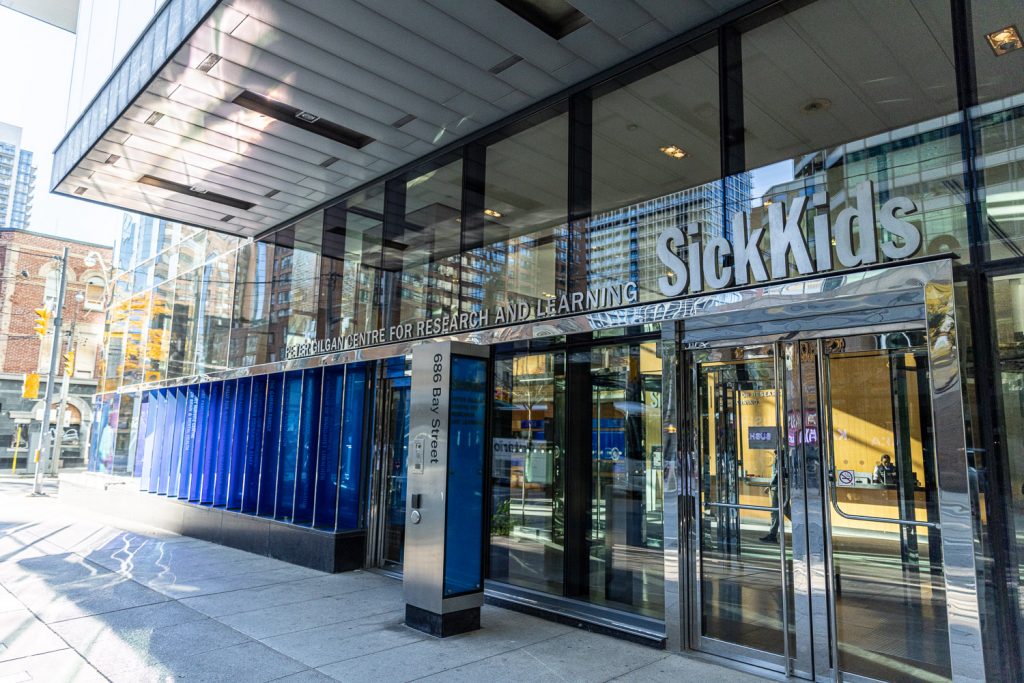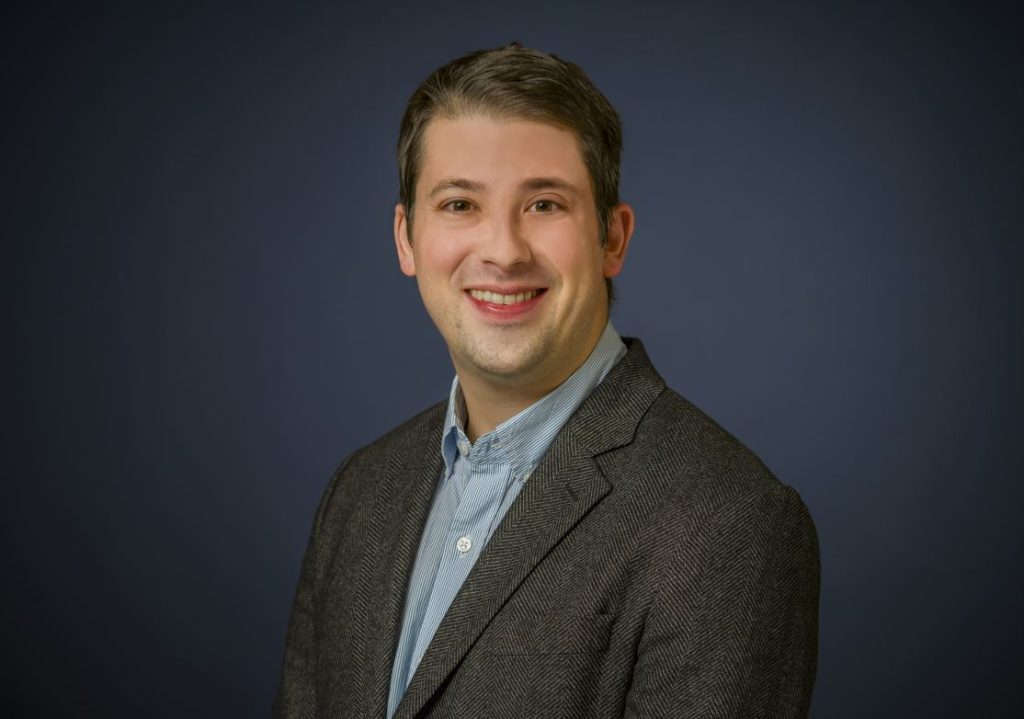Toronto is one of the most diverse, multilingual cities in the world. And yet, patients in the city’s hospitals don’t always receive care in their preferred language. Not only can this lead to patient dissatisfaction, feelings of disrespect and reduced trust in the healthcare system, it can also increase the risk of misdiagnoses, errors and non-adherence with medication or management. If family members are asked to translate, there’s also a risk of confidentiality loss and violation, trauma if a child is involved and inaccurate information if the individual doesn’t have the necessary medical fluency.
“These risks are why we’re committed to promoting language concordant care across the city,” said Nazia Sharfuddin, Physician Lead of Quality Improvement at Trillium Health Partners at Trillium, Theme Lead for Quality & Safety at the University of Toronto’s Temerty Faculty of Medicine and one of the co-leads of a new working group focusing on language concordant care in Toronto. “We have to make sure anybody walking through our doors is receiving the highest standards of care regardless of their race, ethnicity, socioeconomic class or the language they speak.”
The idea of language concordant care is certainly not new – and has been tackled by many quality improvement and patient safety (QIPS) practitioners within their own departments and organizations.
But now, solutions are being worked on by a broad group of practitioners from organizations across Toronto and beyond through the new Advancing Equity through QIPS work stream of the Toronto Academic Health Sciences Network (TAHSN) QIPS Community of Practice (CoP).
In its first year, the work stream is focusing on three initiatives:
- Improving language concordant care
- Integrating equity, diversity and inclusion (EDI) principles into QIPS education
- Equity considerations for hospital patient safety monitoring systems
“Equity was initially identified as one of the six dimensions that defines quality healthcare, but health inequities have persisted despite considerable QIPS work over the last two decades,” said Tara Burra, CQuIPS education lead, physician lead in QI in the Department of Psychiatry at Sinai Health and co-lead of the EDI in QIPS education initiative.
The initiative is focusing on a narrative review on equity considerations at each phase of QI project development, and produce a summary of how equity can be more effectively incorporated into QI tools and methods as a resource for those involved in teaching others about QIPS.
“There’s increasing awareness and action to address the ongoing challenges with oppression and discrimination within healthcare systems, which have a direct impact on patient experiences and can lead to negative outcomes,” Burra said. “There’s been a call to enhance the work we do in QIPS to ensure that we are reducing health inequities.”
The third initiative is examining how equity is considered in the umbrella of hospital safety monitoring systems, including patient complaints, patient experience surveys, incident reports and chart reviews – among others.
“The systems themselves have some limitations so it’s not just a matter of ‘how do we bring an equity lens to these monitoring systems that are working well,’ it’s more of, ‘these systems themselves need attention so we can’t just place an equity lens on top of them,’” said Joanne Goldman, CQuIPS scientist and one of the initiative’s co-leads. “Furthermore, what does an equity lens mean in the context of this variability of hospital monitoring systems? We’re going to pull from the social sciences and humanities literature to bring a critical perspective to understanding current practices and how they could be different.”
Dedication to equity in QIPS
Those involved in the three initiatives bring with them expertise and previous experience in this work. For example, Nazia Sharfuddin and Shail Rawal have both worked extensively in language concordant care: Sharfuddin through focusing her general internal medicine sub-speciality residency research on multicomponent interventions, and Rawal through research looking into the real-world consequences of not having services available in preferred languages.
“I had an experience as a trainee where I cared for a patient who had a significant medical error occur because of the fact that clinicians involved in their care did not use interpretation services,” said Rawal, General Internist at University Health Network and co-lead of the language concordant initiative alongside Sharfuddin and Dhruv Nayyar, a general interest at Unity Health. “That particular case stays in my mind, but I’ve also seen many subsequent cases where that’s the root cause of harm. I’ve started to understand the intersection between language preference and racism in our healthcare system as well as xenophobia as it relates to immigrants and migrants so what I initially thought was a technical issue – simply just using interpretation – is actually part of a broader issue of social justice.”
Connection to TAHSN hospitals’ work
In addition to the three initiatives, the Advancing Equity through QIPS work stream is hosting discussions about opportunities to improve equity in how QIPS is practiced throughout the city and beyond. The inconsistency of equity considerations in QIPS work has recently been identified as a significant gap which means the work stream includes professionals focusing on exactly this topic in their organization – like La Toya Dennie, the advisor for anti-racism projects at TAHSN.
“It’s been eye opening to learn that there wasn’t already a consistent lens of equity or anti-racism being applied in QIPS because I see them as one and the same – you can’t really do QIPS work without having those lenses,” Dennie said. “This work is connected to our overall TAHSN strategy where we’re talking about being leaders in the space of research, education and practice. The diversity in our city gives us the opportunity to do things that other groups may not be able to do with the same resources, time or leadership so I think there’s a lot of opportunity.”
Allison Needham’s role is similarly aligned to this work. As the first director of anti-racism, equity and social accountability at Unity Health Toronto, she’s focused on overseeing equity for employees, patients and communities, as well as advocacy and evaluation and measurement of those efforts.
“The more we’ve been digging in, the more we’ve been thinking that QI is an important vehicle through which we might be able to achieve a significant amount of greater equity in care,” she said. “The work of embedding equity into QI is in its infancy and so we’re still sorting that out and it’s helpful having a table to sort that out with other experts. I am not a QI expert and so an important benefit of this space is it allows me to bring my experiences and expertise to conversations with people who’ve been embedded in QI their entire careers. I’m not sure a table bringing together EDI and QI expertise has been brought together like this before in the Toronto region.”
While still in early stages, the work across the Advancing Equity through QIPS work stream as well as the three initiatives have been energizing participants and leads alike – that there’s an opportunity to make small, impactful changes and to lead in this space.
“I’m hoping we’re getting to a place, both with tools and training, where equity is quite visible and is considered just as common as fishbone diagrams in QI. A place where people say, ‘of course you would consider that’ and it’s no longer novel or seen as separate work,” said Needham. “I think that there are several factors – the timing, the readiness, the desire, etc. – that have come together that makes now the right time for this. Where we are next year will be ahead of where we are this year. Where exactly we’ll be, I’m not sure, but I think we’ll have some concrete products and some really good conversations that will have either shifted our thinking or approach to the work or have inspired other people to participate as well.”
Anyone is welcome to join the TAHSN QIPS CoP and the Advancing Equity through QIPS work stream.

